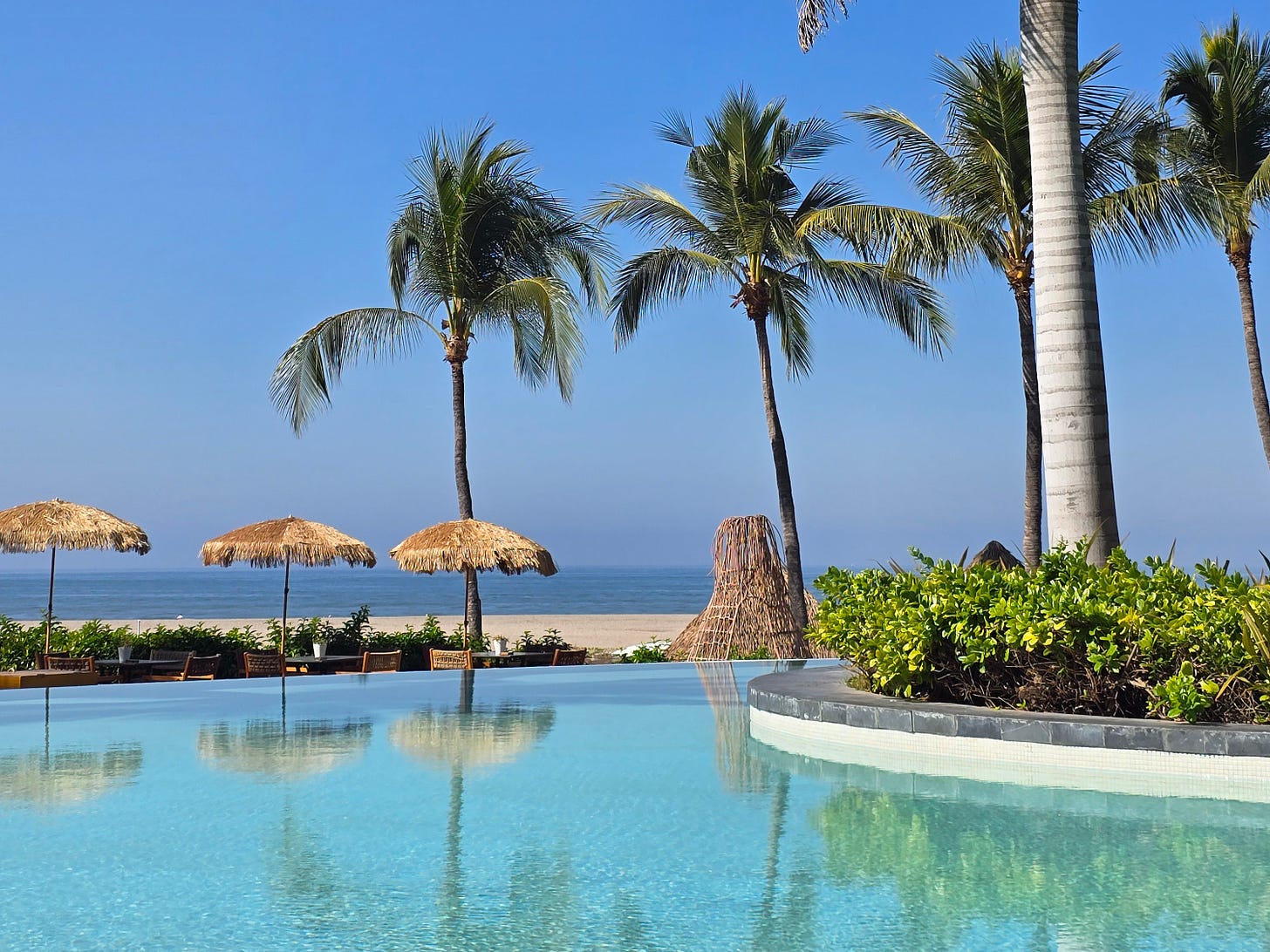🌴The Other Mexico
Mexico City isn't the sun, beach, and sand Mexico, it's the other Mexico
We returned recently from a week in Puerto Vallarta, a resort town for tourists who want to relax on the beach with a drink in their hands during the day and enjoy its restaurants, bars, and clubs at night. It is, in other words, exactly what most people think of when they think of Mexico. But Puerto Vallarta couldn't be more different from Mexico City,…




